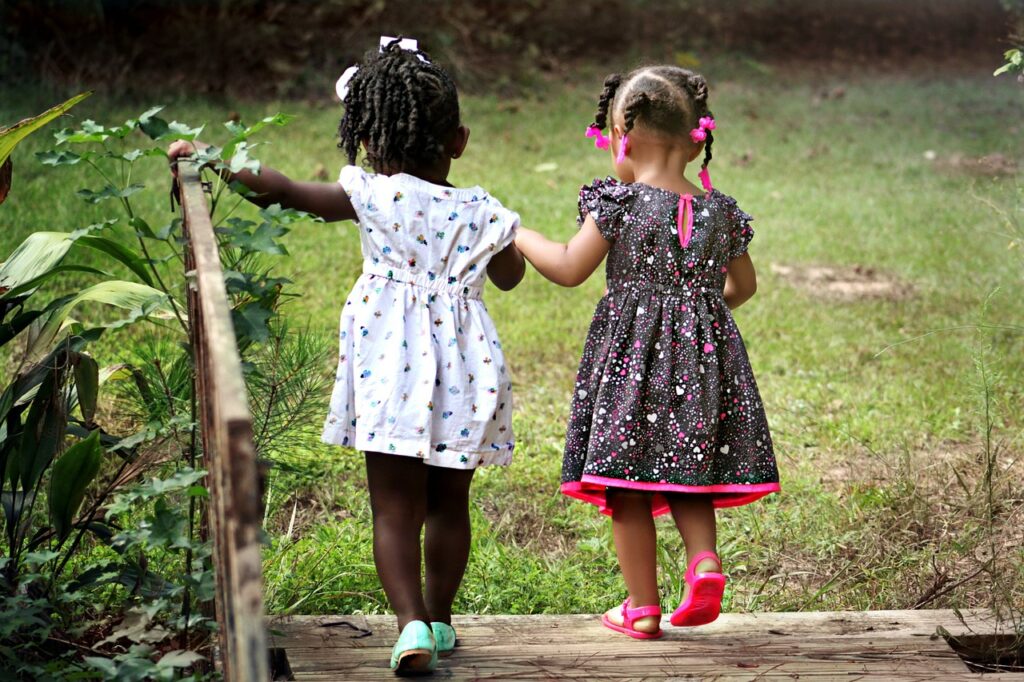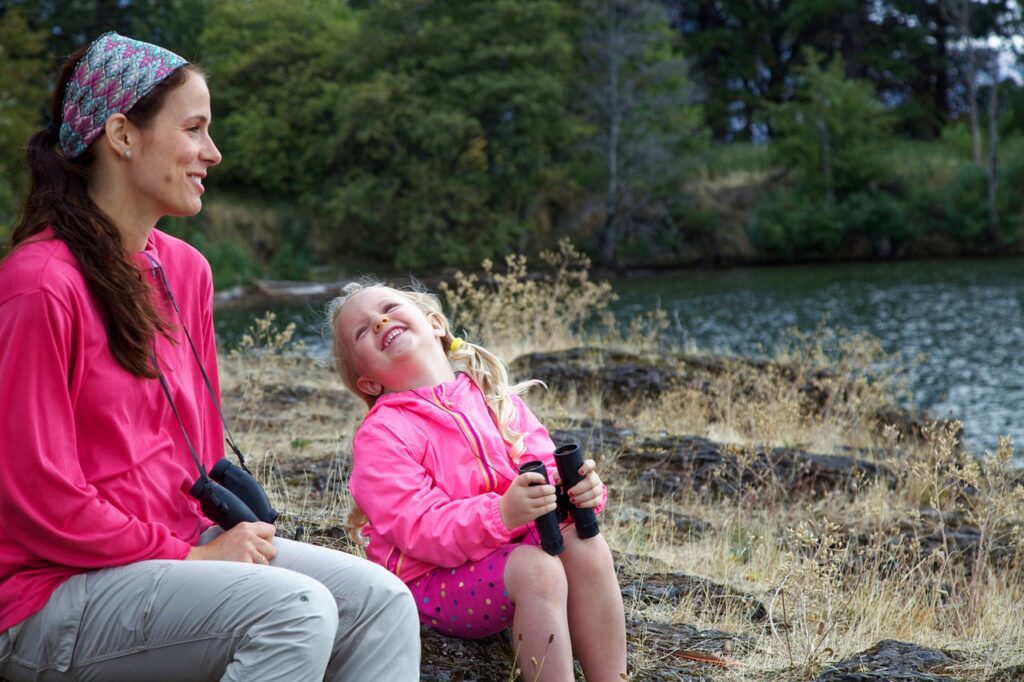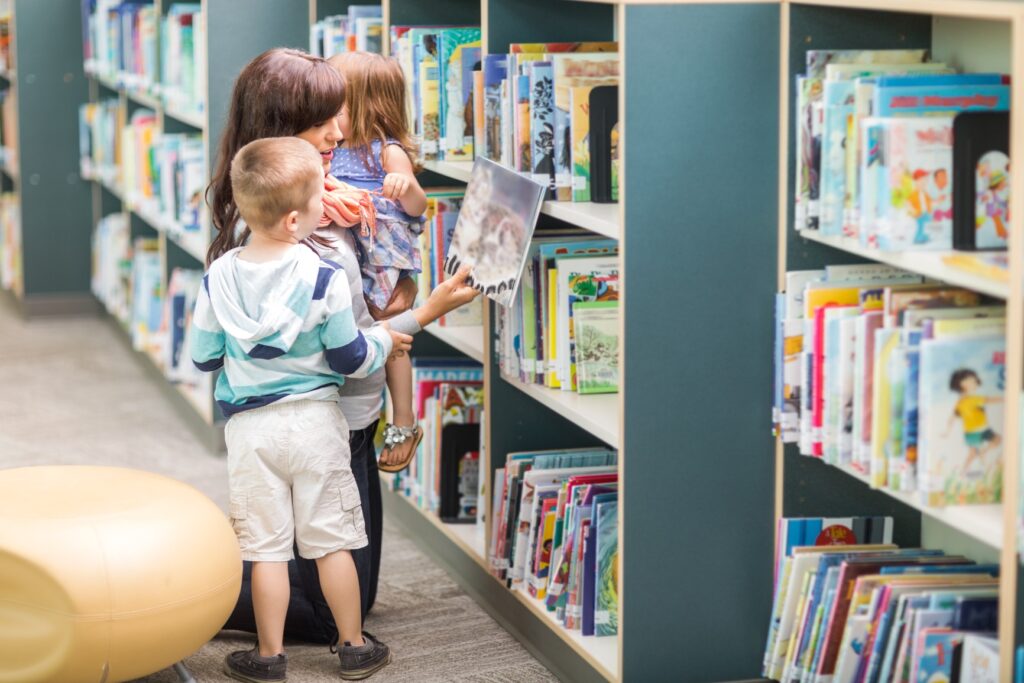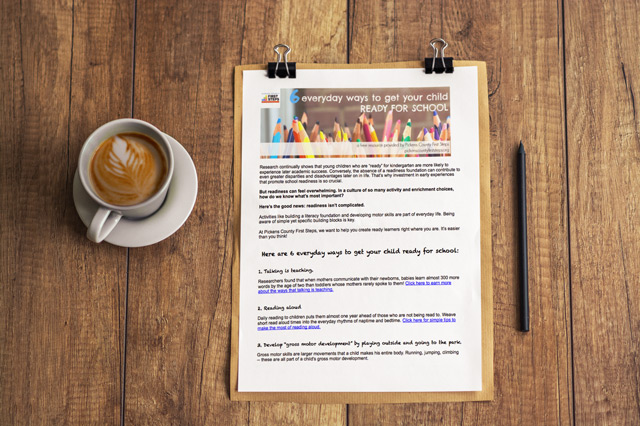It’s an important week for our kids and we want to help you through these days of big transitions!
Know that it’s normal for there to be tears and fears and for the transition to be less than smooth, especially for younger children starting school for the first time. Everything from separation anxiety to changes in routine can feel scary and disruptive.
Each child is different. Some children handle transitions with wide open enthusiasm. Others are cautious but compliant. And some little ones may have an emotional meltdown.
Don’t fret if your child doesn’t handle transitions well. My youngest child cried and clung to my legs every day for the first week of kindergarten. There was just something about the all-day-every-day aspect of a big new school that felt overwhelming.
This week he’ll walk into third grade like a champ. He still gets anxious over transitions because that’s simply his nature, but he’s also showing resiliency as he learns to overcome his fears.
Here are some helpful tips for these next few weeks as you help your young child transition into the new school year:
1. Know your child.
As I mentioned, some kids have a sensitive or tentative nature. They may struggle with new changes in schedule, being surrounded by new people, spending a longer time away from parents, and learning in different surroundings. So much change and stimuli can easily overwhelm his or her sensitive spirit.

If you know this about your child, adjust your expectations accordingly and love them for who they are. Know that prolonged goodbyes for children who are already emotional can make the situation worse. If you’re walking your young child into the classroom these first couple of days, consider walking him only to the end of the hall the next day and then to the door of the school the day after that.
2. Make sure your child gets enough rest and a good breakfast.
Sleep makes everything better. A good night’s rest helps a child feel more emotionally stable and helps them concentrate better at school. The same is true for breakfast. Simple carbs and sugary foods spike a child’s blood sugar and then they “crash.” Proteins {like eggs, cheese, breakfast meats} and complex carbs {like oatmeal, whole wheat bread, granola} stabilize blood sugar and keep kids full and focused throughout the morning.
3. Offer incentives and celebrate their progress.

If your child is having a hard time adjusting, consider using a reward: a special treat after school, a trip to the park, a play date, or maybe a new toy that’s on his wish-list if he can go in for a whole week with courage and independence.
4. Start daily routines and add to them a little at a time.
Go to bed at the same time each night and get up at the same time each day. Have your child lay out her clothes the night before. Gradually let them help make snacks and lunches. Routine, familiarity, and gradual independence are crucial for young children, but don’t try to add too many new things at once. Start with what’s most simple and necessary and add in new things over time.
5. Read books about starting school.
Story is such a powerful teaching tool for kids. Later you can point back to stories as an example: “Remember Pete the Cat’s first day of school? Remember how much fun he had?”
Here are a few to get you started:
- Miss Bindergarten Gets Ready for Kindergarten, Joseph Slate (Illustrated by Ashley Wolff)
- Seven Little Mice Go to School, Kazuo Iwamura
- Pete the Cat: Rocking in My School Shoes, Eric Litwin (Illustrated by James Dean)
- Mom, It’s My First Day of Kindergarten, Hyewon Yum
- Yoko Learns to Read, Rosemary Wells
You can also check out this list of “9 Smart Books to Get Your Child Ready for Preschool or Kindergarten.”

Visit our wonderful librarians at your local library branch for more suggestions on back-to-school books. After-school reading time together is a wonderful way to bond with your child after a day apart from one another.
We’re so thankful for the fantastic and committed early educators who serve our young children in Pickens County each and every day.
And we’re grateful to you, the parents and caregivers of our children, who are kids’ first and greatest teachers. Know that you are superheroes!
Let us know how Pickens County First Steps can serve you and your children as you begin this new year. To learn more about what we do, click here.
We love to hear from you; let us know how this first week goes for your kids!
Connect with us in the comments section or through our communities on Facebook and Twitter. Pickens County First Steps is also on Pinterest. Find great ideas for nurturing the young children in your life!
Want to know how YOU can help promote great childhoods in your community? It’s easy. SHARE our posts with your friends! Use the social media buttons at the bottom of this post. Together, we can make a difference for the young children in our communities.
You Might Also Enjoy
How Early Childhood Teachers & Book Flood Get Kids Ready for School
How the Library Gets Your Kids Ready for School
How Doctors and Nurses Get Your Child Ready for School
Parents: The Greatest Superheroes in the Universe
Get your FREE School Readiness Tool: 6 Everyday Ways to Get Your Child Ready for School!


